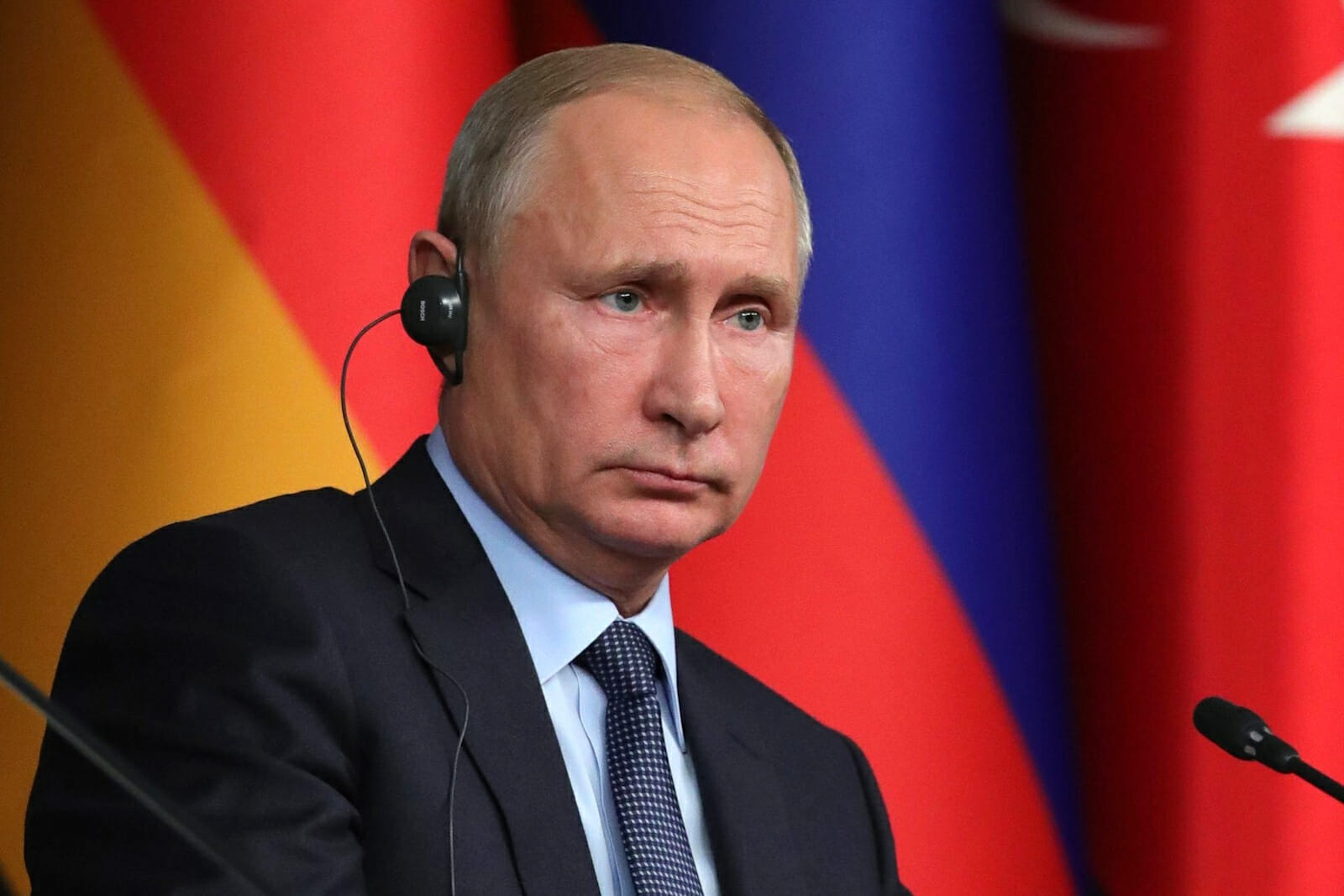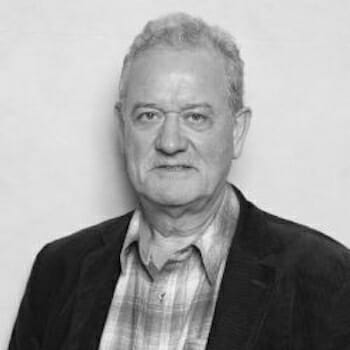
No Peacemaker: Russia’s Destabilizing Game with the Taliban
Russia hosting the talks with the Taliban in November could, on the face of it, have been seen as the Kremlin seeking to be a peace broker between Islamist rebels and the US-backed government in Kabul. The Russian government presented images of delegates from both sides from Afghanistan sitting together at Moscow’s President Hotel, alongside representatives from Iran, China, Pakistan, Tajikistan, Uzbekistan, and Turkmenistan.
Russian Foreign Minister Sergei Lavrov was eager to highlight the significance of the gathering: “Participation in today’s event should become an important contribution to the creation of favorable conditions for the launch of direct talks between the government, the Taliban movement and representatives of the wide range of the country’s social and political circles.”
However, Russia inherited from the Soviet Union not only one of the world’s largest arsenals and a land rich in resources but also a predilection for antagonizing the Western world. The Soviet mentality of the Cold War, where the USSR would seek to back whichever opposition party was against the Western-backed government, has not really gone away.
The war of influence for modern Russia has simply grown and mutated from the original Cold War. Today we see Russia supporting Bashar al-Assad in Syria or Kim Jong-Un in North Korea. With this recent hosting of the Taliban, we see this Russian policy extending even into building relations with terrorist organizations, as the Taliban is classified as a terrorist organization, not only by the United Nations in 2003 but also by Russia itself in their Supreme Court ruling of February 14th, 2014.
Russia’s support for terrorist organizations does not end with the Taliban. A 2017 report by the U.S.-based Soufan Group says that 3,417 Russian nationals were fighting for the Islamic State (IS), making them the largest foreign group within the terrorist organization. Russian President Vladimir Putin himself spoke the same year about 9,000 Russians fighting for IS. This autumn a report revealed that a number of IS fighters transferred to Syria via Dagestan (a Russian territory in the Caucasus) filed medical insurance with the local Compulsory Health Insurance Fund (CHIF). At the same time, insurance, privileges, free medications, and other payments were provided to them through CHIF, that is, from the Russian budget.
Russia has always been keen to play on destabilizing factors. It seems their current goal is to become once again a leading player in the Middle East. As the Islamic State crumbles, Moscow needs to make a new bet which seems to be on the Taliban. Moreover, Russia began flooding the organization with its fighters long before the notorious Moscow meeting. The former head of U.S. forces in Afghanistan, General John Nicholson in his exclusive interview with the BBC in March this year spoke about Moscow’s growing support for the Taliban. Moreover, Russian small arms and ammunition flow to the Taliban via Tajikistan, a former Soviet Republic, still loyal to the Kremlin.
For the Taliban, the factor of their legalization on the part of the Kremlin, as well as arms supplies, is very important against the background of its attempts to become an independent regional player. Moreover, their build-up is accompanied not only by their will to overthrow the U.S.-supported government in Kabul but also by the seizure of Pakistan’s territories (North and South Waziristan) as well as those of China (Xinjiang Uyghur autonomy) bordering Afghanistan.
The Taliban could be becoming the Kremlin’s project in Central Asia, through which Moscow could not only exert influence across the region but also resort to the tactics of blackmailing the West with a terrorist factor – the never-ending terrorist threat, blooming on the bones of the obsolete IS, with the same manipulator lurking in the shadows. At the same time, it’s not only about terrorism, but also humanitarian factors which the Kremlin is so skillfully manipulating.
There are even commentators who fear that destabilization in the region will lead to an uncontrolled flow of refugees from Afghanistan and that scattered among them may be Russian backed terrorists seeking to start cells within Europe.
We should be very cautious before welcoming Russia’s supposed efforts as a peace broker in Afghanistan. Having, over the past years, become an outcast in global politics, Russia will, therefore, continue to pursue aggressive foreign policies. It’s clear that this is part of their mission in taking territory from Ukraine and supporting Bashar Assad in Syria. Legitimizing the Taliban by hosting them in Moscow is part of this and we should see this manipulation and power-grabbing for what it is: a continuation of the age-old rivalry and hostility to the West that has its roots in the Cold War.

